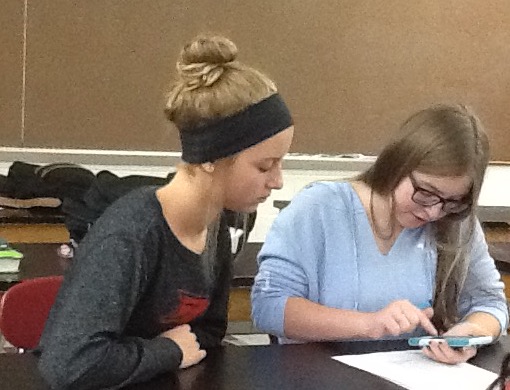What would it be like to be a farmer in another part of the world, where education and government stability as well as weather events can affect productivity? Want to help your students understand those concepts? The lesson “Farming for the future” on Ohio Corn & Wheat-sponsored Feed the World challenges students to consider the factors that can impact yield. Rebecca Scott teaches at Field High School, and after attending a Feed the World workshop, she used this lesson with her Honors Biology class. Scott said, “We are studying populations and I thought this was a good time to investigate food resources in other countries.” The activity exposed the students to the idea of crop yields and GMOs, as well as encouraging a consideration of our own food supply and how that might differ in a developing country.

Scott said the activity gave the students a lot to think about. They didn’t know other countries don’t eat as much meat as the US does, and they weren’t familiar with the term “commodity”. One card in the activity talks about villagers learning to read and realizing from package directions that they need less pesticides than they’d been using. “This was a surprise,” said Scott. “I can tell these things haven’t occurred to them.”
The students were able to see the results of their crop choices and make adjustments quickly. Scott noted that the questions lead to good discussions. “They were rolling the dice for each crop to determine a wet or dry yield,” she said. “I had to explain that there is only one chance to produce a crop in a given season!”